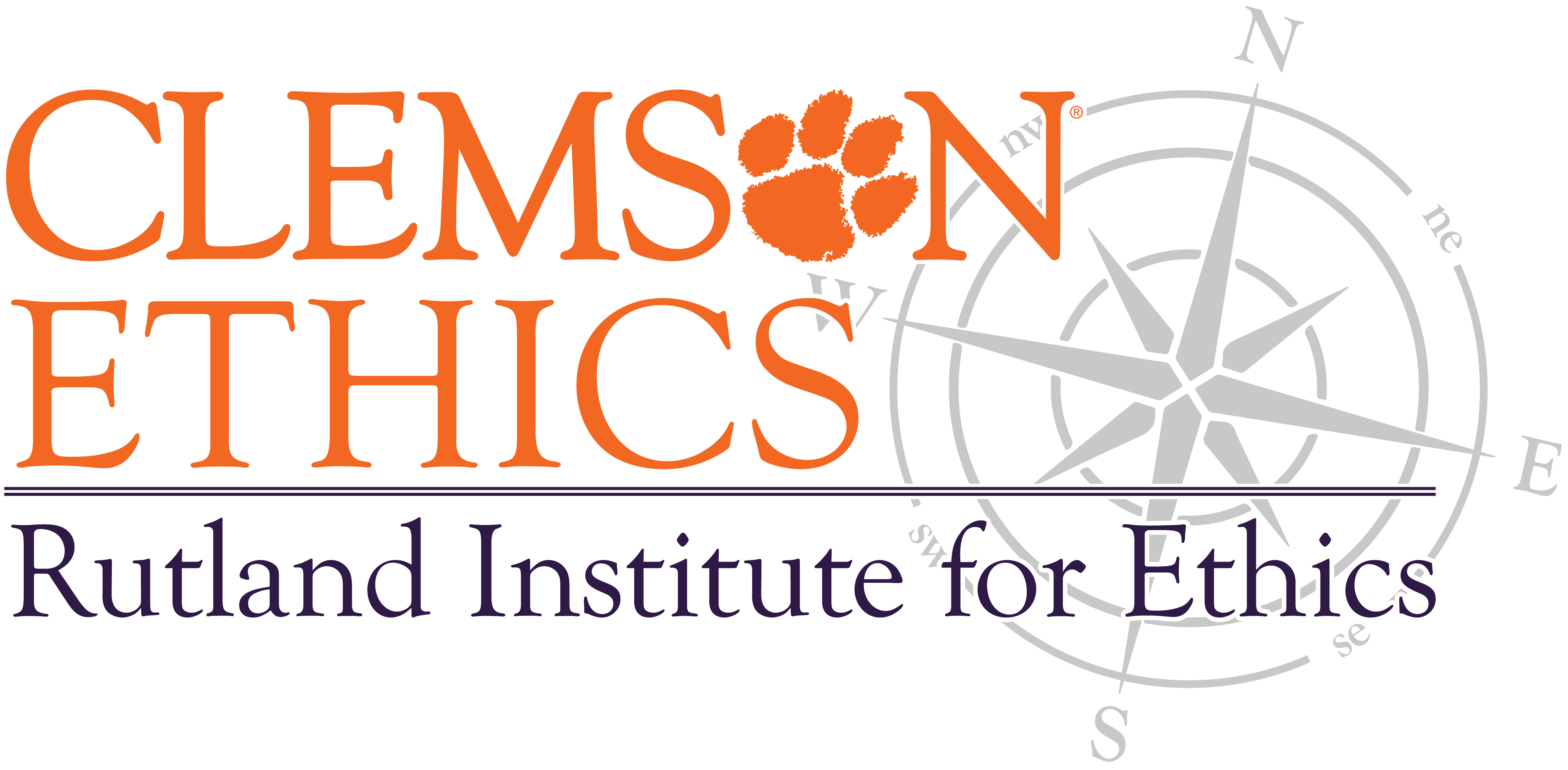J.T. Barton, Jr. Memorial Ethics Award

Award History
In 2001, Stephan Barton established an ethics award in honor of his late father, J.T. Barton, Jr. Barton, Jr. was a proud alumnus of Clemson University (Class of 1950), and passed the spirit of excellence down to his son, Stephan, who is also a proud Clemson University graduate (1972). The award was originally supportive of students who could demonstrate a noteworthy understanding of the essence of an ethical dilemma, as well as excellence in strategic thinking on how to deal with the dilemma through ethical decision-making skills. It was an opportunity for students to explore an ethical issue pertinent to today’s society and present a reasoned argument to back up their conclusions about it.
The award is now given to a singular student and/or a student group on the Clemson University’s campus who pledges to use the award programmatically for advancing good ethical decision-making skills. Three awards are provided annually in the amounts of $1,500, $1,000, and $500. A panel of judges made up of the Rutland Institute Advisory Board Program Committee members determine award recipients each year.
All questions should be directed to ethics@clemson.edu or by calling Dr. William McCoy at (864) 656-6147.
2025 Award Recipients: Albash Khan, Emily Shewchuk, Justin Wolfe
Honorable Mentions: Bailee Tayles, Morgan Stone, Jasmine Sampson, Skyler Holland
Apply for the J.T. Barton, Jr. Memorial Ethics Award
Previous Winners:
2024: Justin Wolfe, Rylee Cowan, Holly Williams; HM: Ridge Kaauwai, Zion Kaauwai, Tyler Simmons
2023: Tyler Simmons, Tre'zjon Bell, Jaquial Durham; HM: Elizabeth Zarrilli, Lane Mayfield, Pramod Yadav
2022: Eta Sigma Gamma, Biosystems Engineering Club, CU REACH; HM: The Aurantiaco, CHANGE, Erica Wearing
2021: CHANGE
2020: Tim Switzer
2019: Tim Switzer
2016: Kendall Anderson, Lanie Summerlin, Hannah Carder Provost
2015: Aryana Derakhshan, Marina Shew, Benjamin Coomes
2014: Christian Weeks, Savanna Sullivan, Schuyler Easterling; HM: Megan Brovan
2013: Taylor Banta, Yanina Breakiron, Scott Herkamp
2012: Courtney Dixon, Elizabeth Johnson, Cameron Eagles; HM: James Taylor
2011: Robert McWhorter, Christian Prescott, Allison Foreman; HM: Allison Gropper
2010: Thomas Saad, Jacob Farlow, Carson Culver; HM: Kaitlyn Hauter
2009: Callie Boyd, Kyungsun Orr, Carolyn Jackson; Graduate Student: Thabe Matsebatlela
2008: Kelsey Taylor, Matthew Bessette, Mark Boerckel; Graduate Student: William Hanson
2007: Benjamin Ward, Michael Sparace, Estelle Patrick, Graduate Student: William Hanson
2006: Abigail Banaszek, Edward Bertrand II, Wanda Nugent, HM: Mark Schnoor, Kelsey Harrick; Graduate: Saif Pathan
2005: Matthew Cloninger, Alice Salter, Joshua Umbarger
2004: Jack Deslippe, Kathryn Ristroph, Andrew Ruffin; HM: Erin Gruesbeck, David Aaron
2003: Matthew Crumpler, Danyelle Trexler, Jon Hiller; HM: Abigail Banaszek
2002: Jessica Keaton, Alexander Field, Peter Stone
Who is J.T. Barton, Jr.? (By his son, Stephan Barton)
"J.T. Barton, Jr. was born in Greer, SC, and lived there his entire life. He graduated from Clemson in 1950, and his enthusiasm for Clemson affected the entire family, from "helping" 8 family members graduate from Clemson, to adorning his home throughout with Tiger memorabilia. After graduation, he embarked on a textile management career that demonstrated his demand for fairness and equality for his hundreds of employees, and they responded to him with loyalty, dedication, and appreciation uncommon in that environment. He treated family, friends, and employees, rich or poor, with respect and attention, always considering everyone equal. He was a model of consistency, as he lived in one city and was a member of First Baptist Church for 74 years, had one wife for 54 years, and held the same job for 41 years. His exemplary teaching and leadership has spawned countless others striving to do the right thing, always."
Award Criteria
The following criteria have been established for the J.T. Barton, Jr. Memorial Ethics Award candidates:
- Must be an enrolled Clemson University undergraduate or graduate student.
- Must thoroughly complete the award application. Grammar will strongly be considered.
- Must provide compelling evidence of programmatic intent, in part or in full, of promoting ethical decision-making in the face of ethical dilemmas.
- Proposed program must be student-focused.
- Applications are accepted each year between September 1st – December 31st.


